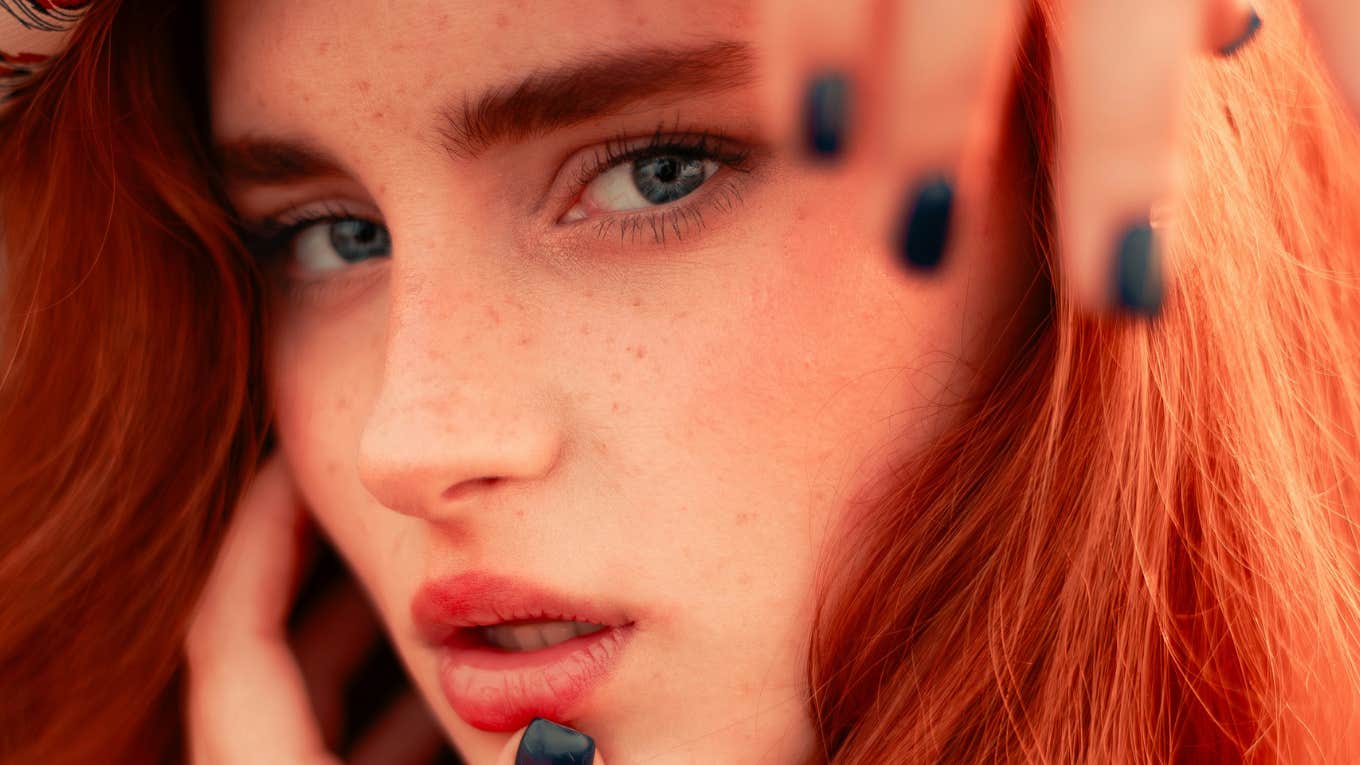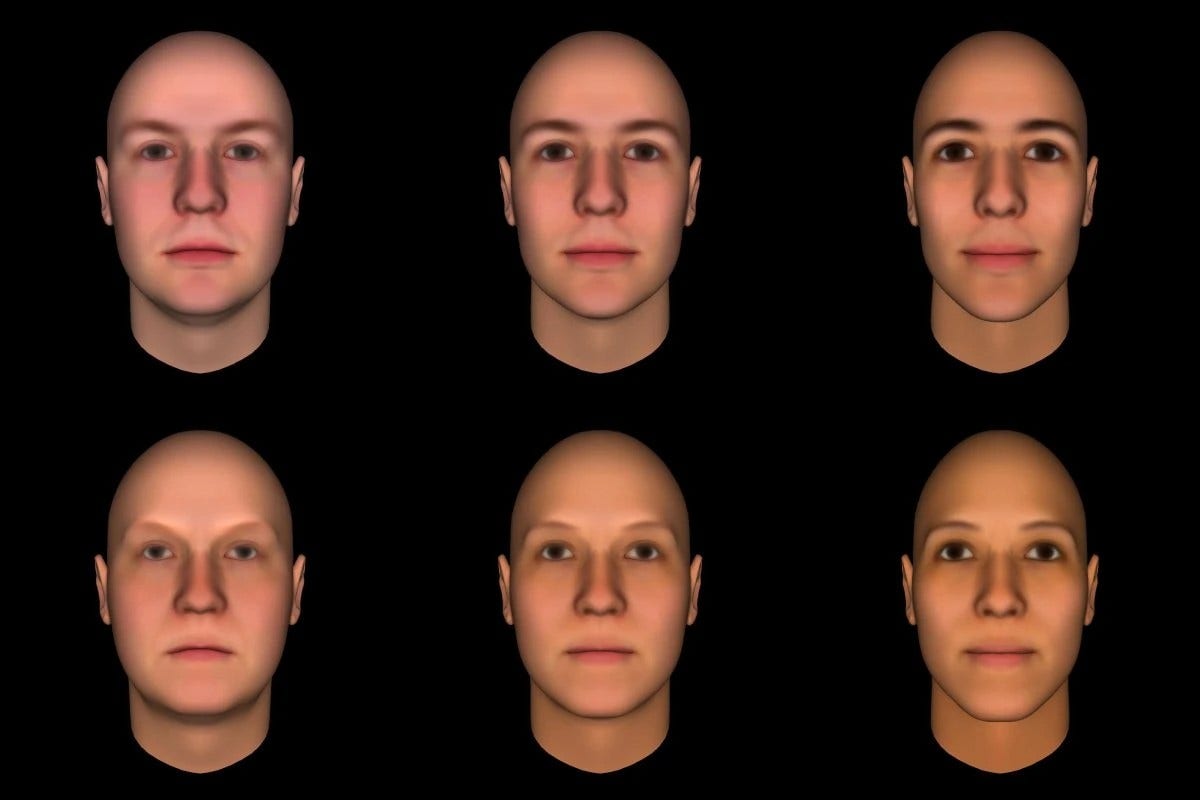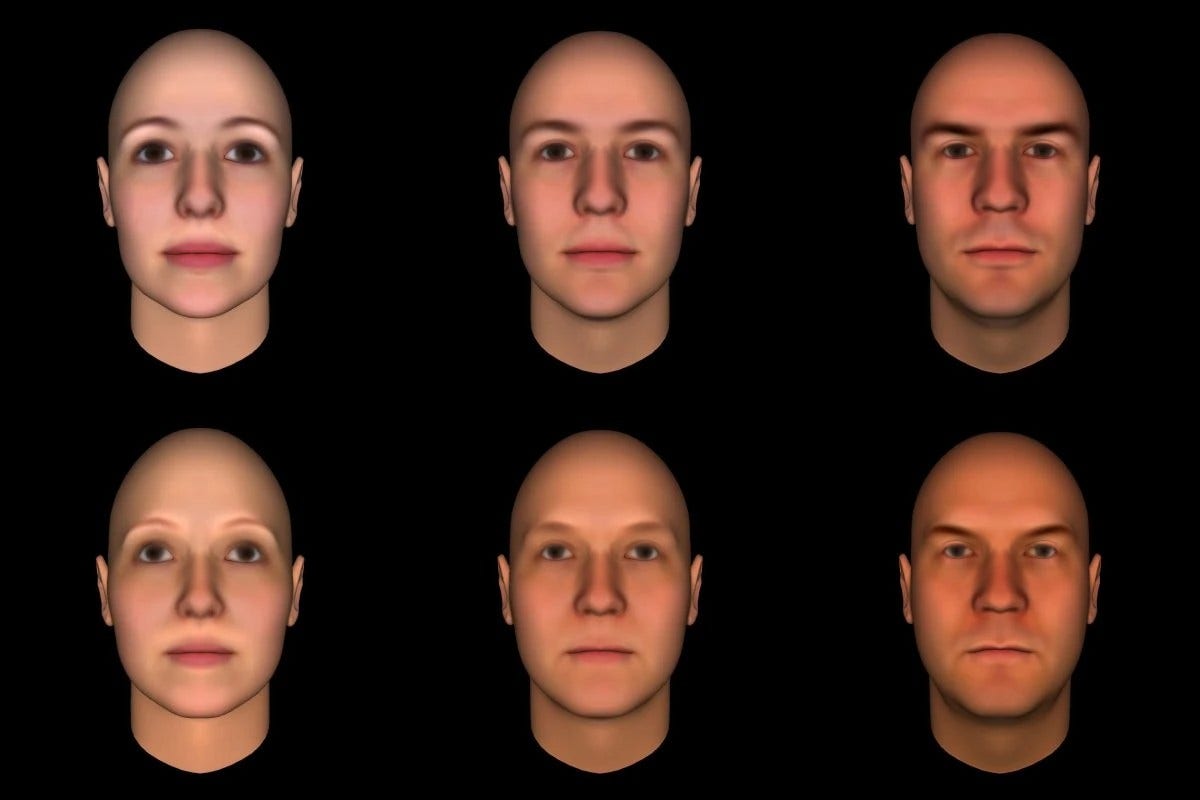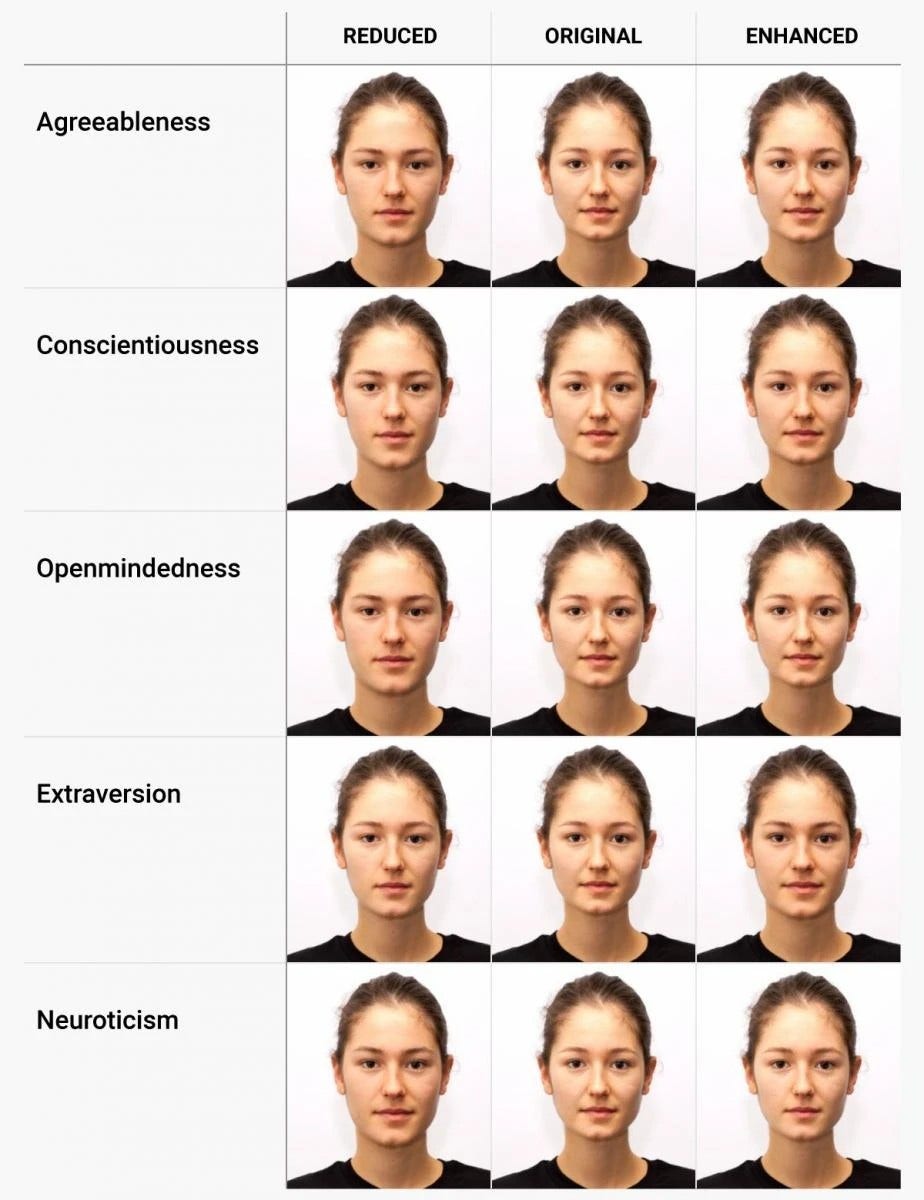The Psychology Of Facial Bias: How And Why People Decide They Like You Before You Even Say A Word
People subconsciously make snap judgements about you long before you speak.
 Khaled Ali | Unsplash
Khaled Ali | Unsplash First impressions are powerful, and understanding how they work can help us become more aware, empathetic people. While we'd like to believe we judge others fairly based on character and conversation, research reveals that our brains process faces and form initial judgments in remarkably quick and often unconscious ways.
No matter how open and kind you are, your brain is doing its hardest to trip you up based on the “look” of the other person you’re meeting with, talking to, or just viewing from a distance. Getting to know someone seems like something that takes time, effort, and building a relationship with the other person. But there are factors in our judgment that happen so quickly that we can’t stop them from taking place without us.
We can have “platonic love” and even a spark of romantic chemistry at first sight because our brains are constantly calculating things on our parts, taking information we receive into account subconsciously. So while we talk to them and focus on whether or not they have spinach in their teeth (or in ours!), our brains are working like mad behind the scenes, giving us speculations about what the other person's looks might suggest about their personality.
And science says it's total garbage. Research shows that perception about a person starts much faster than we realize. In fact, it takes only about seven seconds for your brain to form an opinion of someone, and part of that is, unfortunately, based on something that scientists call "facial bias," which is how we perceive others.
The psychology of facial bias: how and why people decide they like you before you even say a word
 todorov lab
todorov lab
Perceived likability increases from left to right. Associated traits include attractiveness and resemblance to a smile.
Ever got a look at someone and determined that they were untrustworthy? Then you can thank your brain for jumping to that conclusion based on something as minor as how attractive you think they are or if they're frowning. Yes, it turns out our brains are just massive prehistoric judgy jerks.
“We form these immediate impressions of people — we just can’t help it,” said Alexander Todorov, a psychology professor at Princeton University.
He is responsible for creating the study of facial bias and testing people's responses to computer-generated face models to determine what features they associate with positive and negative personality traits.
 todorov lab
todorov lab
Perceived threat increases from left to right. Associated traits include masculine features and resemblance to an angry expression.
Thanks to this lab test, we know our reactions to these initial first impressions are often highly inaccurate, and really don’t have a basis in science or reality of any kind.
So yes, we are literally making judgments over people based on their looks, and it’s all just Mean Girls nonsense. The type of face you have subconsciously influences other people’s impression of you so that they end up forming an opinion before they’ve even gotten to know you.
This also explains why people we find (personally or societally) to be attractive are often given better treatment and perceived to be nicer than less attractive people, just based on their level of attractiveness.
For this same (nonsensical) reason, attractive people are also far more likely to rate higher in other positive traits, Todorov’s findings revealed, like being more competent, smart, or trustworthy. Even the structure of your face can speak volumes.
Do you have a baby face? Well, then, people might just assume you’re weak, naïve, or submissive by nature, and since ladies tend to have this facial feature far more than men, it explains a lot, actually.
And your eyebrows pointing one way or the other could even throw you off your game. Do you have an angry-looking face? Then you’re going to be perceived as less likable and trustworthy — but at least you also get to be considered more powerful, too. And if you look happy, then people think you’re trustworthy — but they'll also think you're weak.
 Walker, Mirella and Thomas Vetter
Walker, Mirella and Thomas Vetter
Todorov’s lab created these perceived traits on computer-generated faces and found that anything from the width of your face to the ghost of a smile on your lips can amp your attractiveness level to other people.
Changing even the smallest portion would change the way they may perceive you. So what does this tell us about people? Mainly, that even if we’re normally even-tempered and slow to judgment, we can’t stop our brains from jumping to (sometimes ridiculous) conclusions.
Just like you really can’t judge a book by its cover, you also can’t judge a person by their looks. So next time you find yourself doing it — because let’s face it, our brains are primeval throwbacks — then take a step back and try to reevaluate the situation. You never know; maybe you can find a new friend from the situation that your brain had already written off with a pouty "Uh! No!" to begin with.
Research shows that awareness of these automatic processes is the first step toward making more thoughtful, accurate assessments of others. When people are educated about their unconscious biases, they become better at pausing before forming conclusions and giving others a fair chance beyond those initial seven seconds.
Merethe Najjar is a professional writer, editor, and award-winning fiction author. Her articles have been featured in The Aviator Magazine, Infinite Press, Yahoo, BRIDES, and more.

